
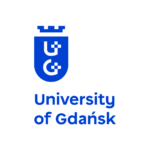

Visible Evidence is the most important global documentary film studies network and a series of conferences and publications. Set up some 30 years ago by the then young American scholar Michael Renov (the University of Southern California) together with a group of other scholars (Jane Gaines , Bill Nicholls and Brian Winston and others) this network aimed at offering a transdisciplinary approach into the field of documentary film studies research. The network and the conferences aspired to moving the discourse of the documentary film from a simple conversation about recording reality to a profound philosophical reflection about historical, ethical and philosophical implications of the documentary film studies discipline. At the time it did indeed constitute a major intervention and a disruption into the traditional field of the documentary film studies.
The network which has grown from strength to strength over the decades has held conferences all over the globe during the last 30 years, in places such diverse as California ,Lancaster, New York, Buenos Aires, Istanbul, Stockholm and many others.
This year, for the first time ever in the history of the network, the conference is coming to a university (and a city) in the former Eastern Europe, to the University of Gdansk, under the auspices of the Andrzej Wajda Film Centre, at the Faculty of the Humanities (‘Neofilologie).
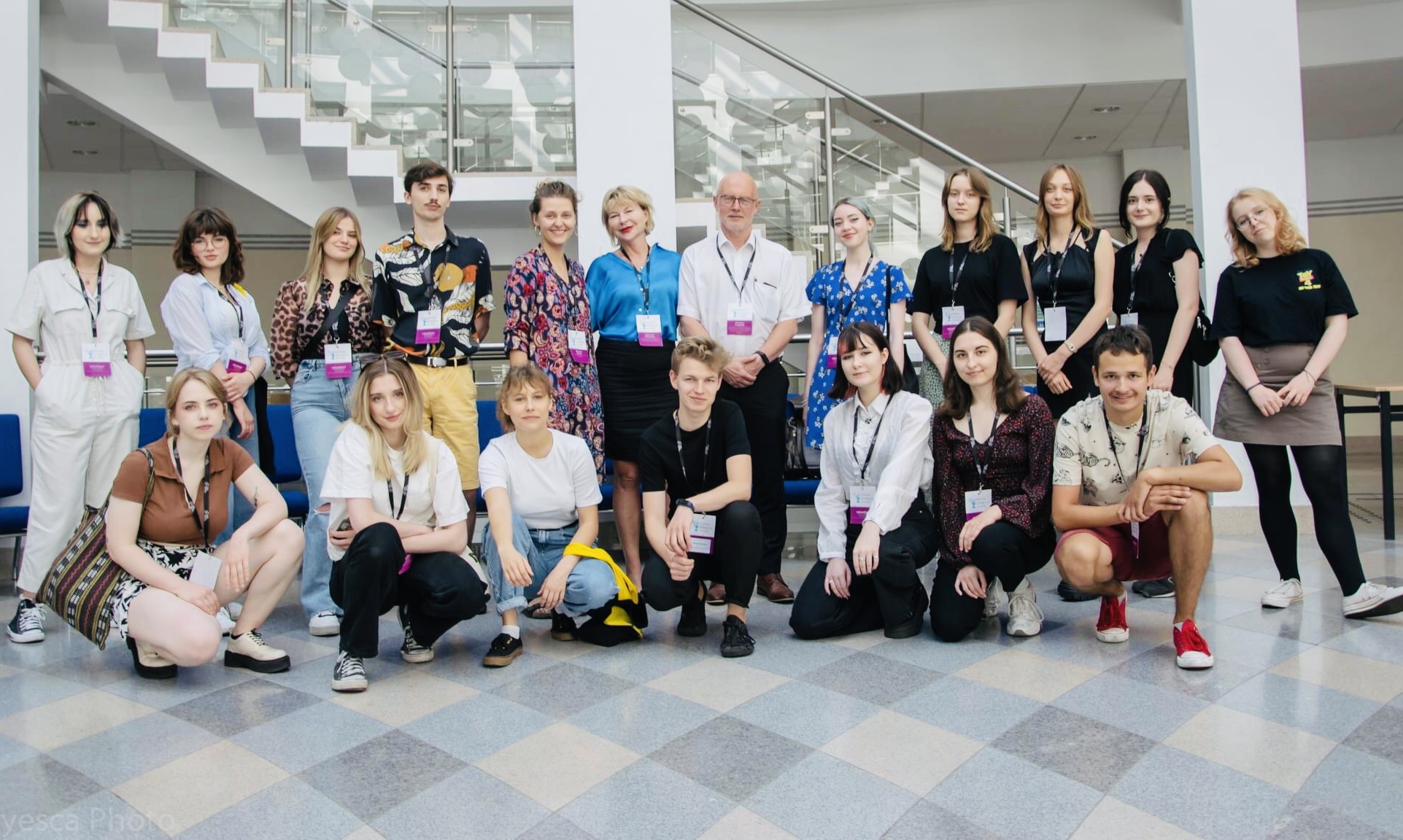
The XXVIII Visible Evidence Conference will take place at the University of Gdansk between 10 and 14 August 2022. The event is conceived as an “in person” event, and we warmly invite everybody to make every effort physically to attend the sessions. As this year’s conference will focus on connections between history and documentary film making, we think it is particularly important that VE scholars and practitioners enjoy an embodied encounter with the city of Gdansk. However, there will be some opportunities to participate remotely and we will stream the whole event.
We encourage multiple forms of conference participation. Apart from traditional papers and presentations, we are interested in pre-constituted panels, as well as workshops and conversations (see below) that bring together scholars and practitioners. The conference also welcomes practice research contributions, such as video essays, short documentary films, and mixed media presentations.
The theme for the XXVIII Visible Evidence Conference is Images of History. The conference will be held in Gdansk, a city with a rich history that spans hundreds of years, from its commercial past, connected to the Hanseatic League, founded in 1356, through twentieth-century century political changes, to its present realities as a vibrant centre of tourism, higher education, and industry. One could argue that the city’s proud traditions of freedom can be traced to its respect for journeys of any kind as ways not only of exchanging goods but also ideas and practices. Gdansk is more than a diverse city: in the interwar period it had the political status of a “Free City” – an autonomous city-state under the protection of the League of Nations – and this name, although coined for other reasons, perfectly defines the spirit of the place. Gdansk strives to stand for liberty and open-mindedness, freedom of thought as well as freedom to be equal in political and economic contexts. The Second World War started here in Gdansk and the heroic battle of Westerplatte is still remembered and honoured with monuments and museums – and, of course, documentary films. Solidarity, the free trade union led by the pivotal figure of Lech Walesa, had a crucial role in overthrowing totalitarian Soviet rule. The Gdansk Shipyard was the birthplace of this crucial resistance movement, the heritage of which is now kept by the European Solidarity Centre. It is not only a museum of the movement but also home to archival collections. All participants will have an opportunity to visit it.
Visible Evidence’s theme this year aims to reflect on the connections between history, archives, and documentaries in the broadest sense of those terms. We, therefore, invite scholars from all disciplines to submit proposals so that our meeting can be truly trans-disciplinary. Our ambition is to make the event a space that will enable reformulations of some of the basic notions in documentary film studies and practice, relating to archives and the production of knowledge. What role can a documentary film/factual moving image play in culture and society? As part of the Visible Evidence movement of ‘truth seekers,’ do we go back to Bill Nichols’ famous statement from 1991 that the documentary should be akin to a ‘discourse of sobriety’ that is like science and history in its ambitions to focus on facts and to be objective and impartial? Or do we acknowledge that documentary can be fuelled by unconscious desire, as was first suggested by Elizabeth Cowie, Michael Renov and Agnieszka Piotrowska? Whilst Nichols himself has repeatedly tried to distance himself from his highly influential formulation, one could argue provocatively that, in this day and age, we do want documentary film to be objective and rely on facts more than emotions. But then, in this context, how do we consider autobiographical documentary texts or works which combine factual footage with fiction and animation? These are just a few of the questions this conference seeks to explore.
In documentary scholarship and practice, it is hard to imagine a historical documentary without an archive. Jacques Derrida in his Archive Fever (1985) points out that the concept of the archive is complicated and contradictory, holding onto memory but also in some ways trying to forget certain aspects of it. What do we forget and why? Who tells the story and how can a dominant narrative be subverted and why is it crucial to do so? And finally, is it possible at all to be a documentary filmmaker or a documentary film scholar and remain somehow neutral, or is it our ethical obligation to be political in everything we do? The great Polish literary scholar, the late Professor Maria Janion, demanded that the voices subdued and repressed by the dominant ruling culture be unearthed by academics so that those silenced for whatever reason can be heard again.
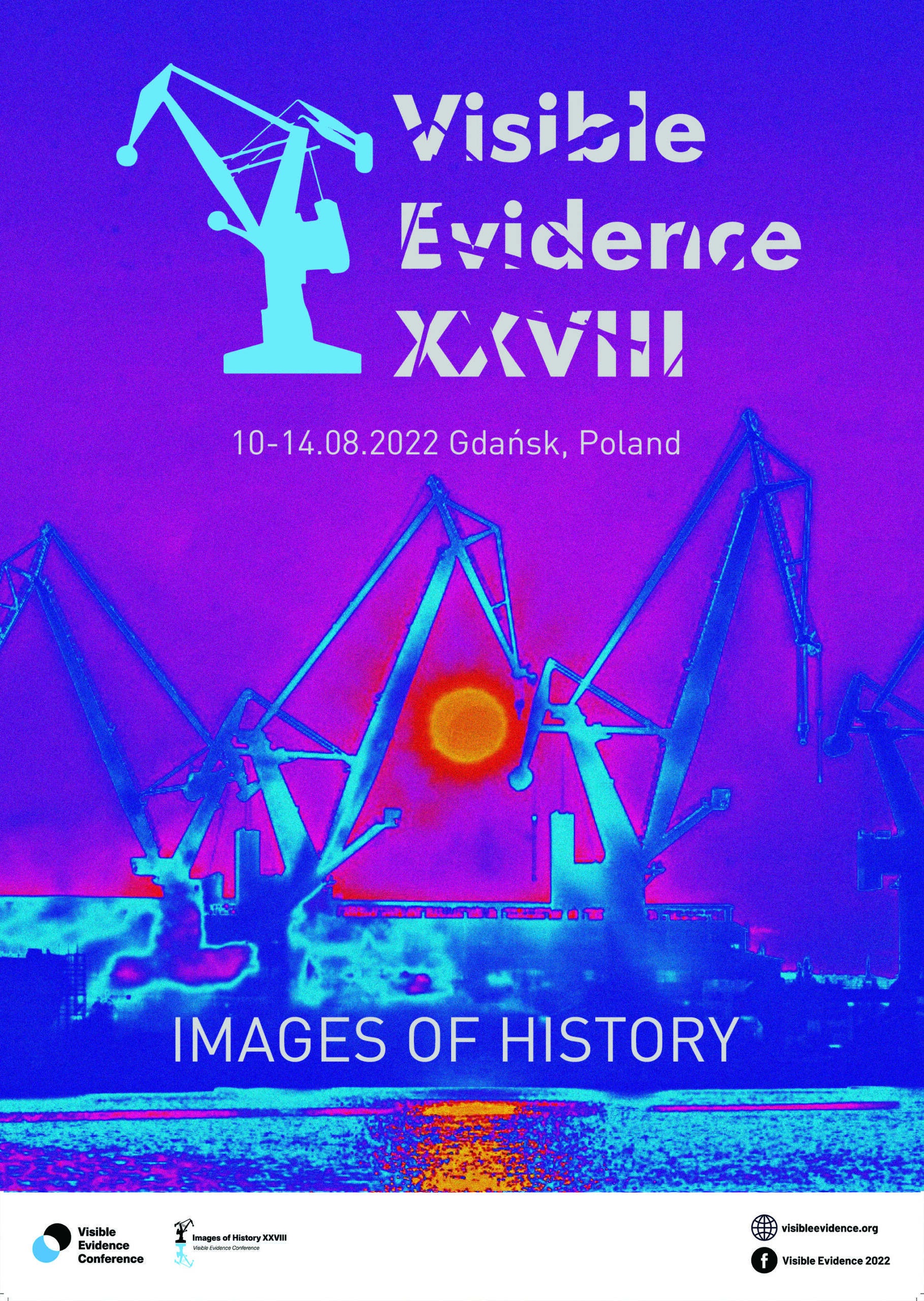
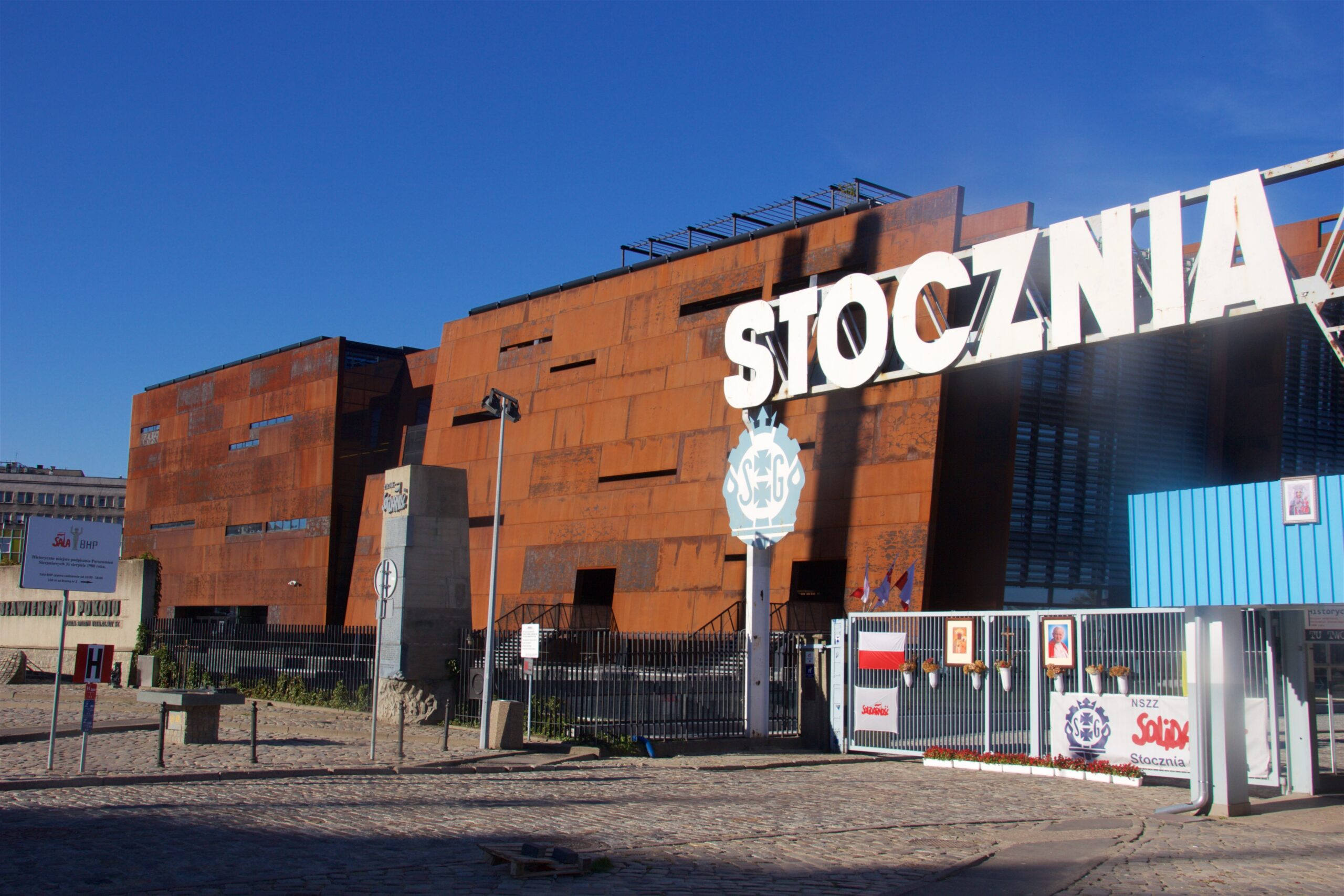
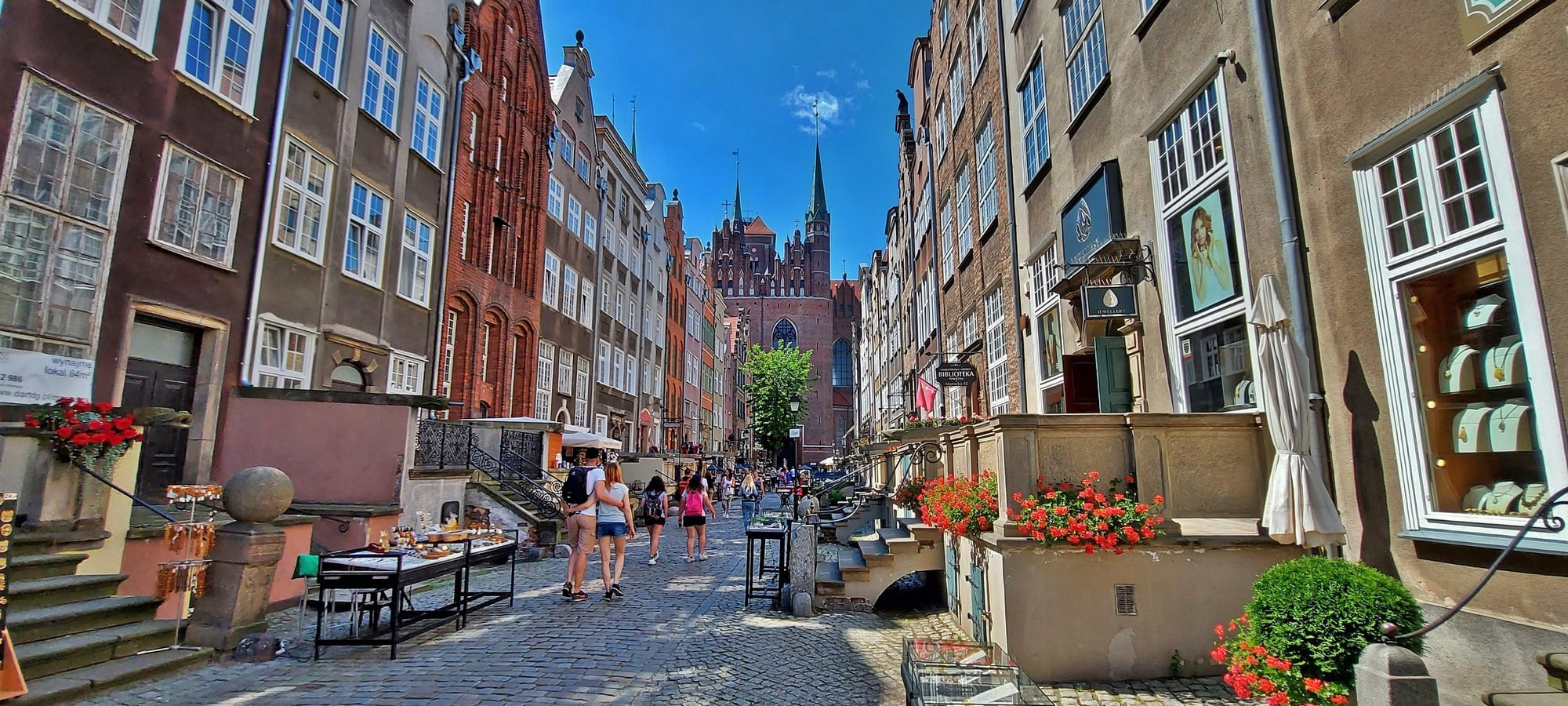
We would like to explore these ideas through a dialogue between theory and practice. We invite scholars, filmmakers, archivists, and activists to propose panels and presentations that address any aspect of documentary and non-fiction media. Special ideas and themes may include (but are in no way limited to):